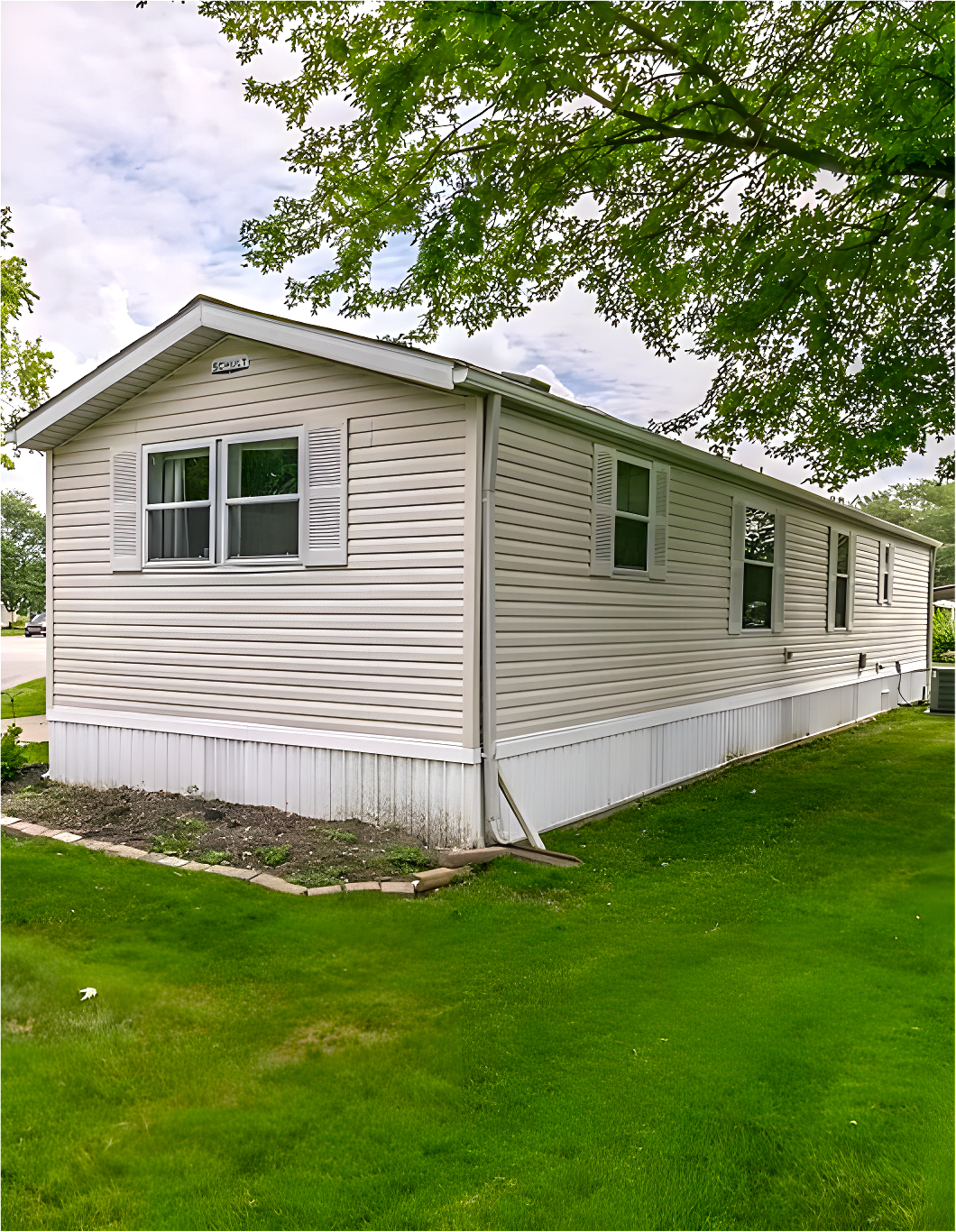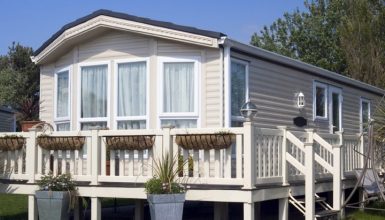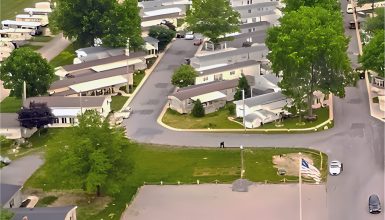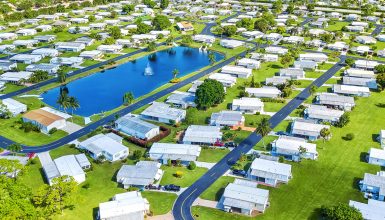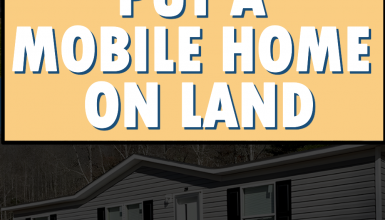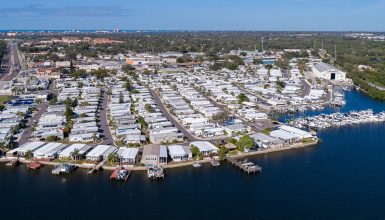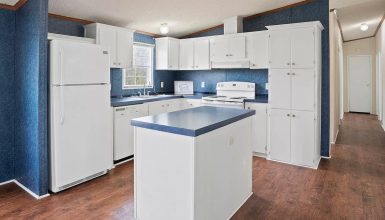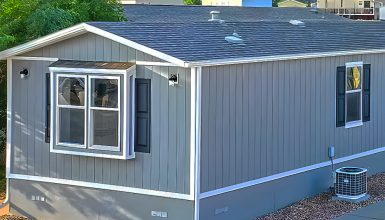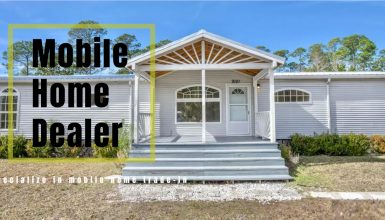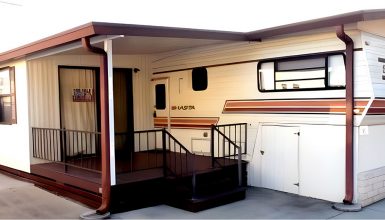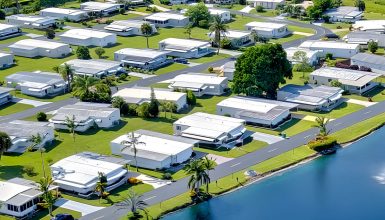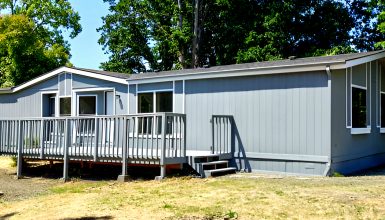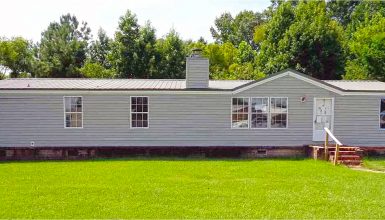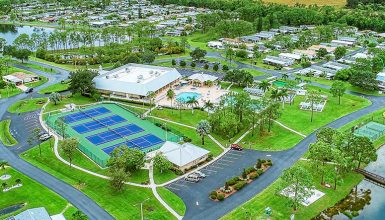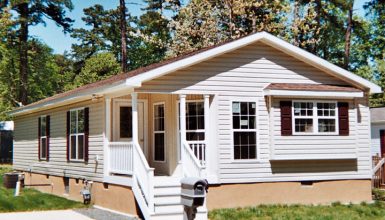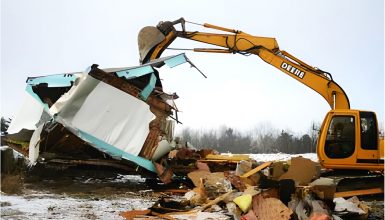Mobile homes, also called manufactured homes, are unique. Their value doesn’t just come from their size or style. It comes from where they are, their age, and their condition. Things like recent updates or the make and model also play a big part. Even the market trends in your area can change what your home is worth.
So, why does this all matter? Well, if you’re selling, you want a fair price. If you’re buying, you don’t want to pay too much. And for insurance? It’s all about making sure your home is covered just right. In short, knowing your mobile home’s value helps you make smart choices. So, let’s dive into the factors affecting mobile home value.
1. Mobile Home Types
Mobile homes come in two primary flavors: single-wide and double-wide. It’s like choosing between a cozy cottage and a spacious house. Single-wides are narrower; think of them like a long hallway. They’re compact but can still be pretty comfy. Double-wides, on the other hand, are like two single-wides put together. They offer more room to move, more space for furniture, and usually, more bedrooms and bathrooms.
Now, how does this affect value? Generally, double-wides costs more. They’re bigger, offer more living space, and feel more like a traditional house. But don’t count out single-wides. They can be the perfect choice for someone looking for something simpler and more affordable.
2. Age and Condition
When it comes to mobile homes, age isn’t just a number. Older homes might have more wear and tear, which can lower their value. Think of it like a car; a brand-new model is worth more than one that’s been around the block a few times.
But age isn’t everything. The condition of the home plays a significant role, too. Here’s what to look at:
- Structure: Check the walls, ceilings, and floors. Are they solid, or do you see signs of damage?
- Roof: A good roof means a lot. Look for leaks or missing shingles.
- Plumbing: Nobody likes leaks. Make sure the pipes and fixtures are in good shape.
- Electrical System: This is about safety and function. Are the outlets and lights working right?
- Heating and Cooling: Comfort is key. Check if the heating and air conditioning systems are up to snuff.
- Overall Appearance: This is about more than just looks. A well-maintained home often means fewer hidden issues.
A home that’s been well-loved and well-kept can hold its value better, even if it’s a bit older. It’s all about balance. A newer home in rough shape might not be worth as much as an older one that’s been cared for.
3. The Size Factor
Size really does matter when it comes to the value of a mobile home. Think of it this way: the more space you have, the more you can do. Larger homes, with extra bedrooms and bathrooms, offer more comfort. They’re like a canvas with more room to paint your life on. More bedrooms mean space for a bigger family or extra room for an office. And extra bathrooms? Well, they just make life easier, don’t they?
This all adds up to the value of your home. Bigger homes usually have a higher price tag. It’s simple: more space, more value. But remember, it’s not just about the total square footage. How that space is used – the layout, the number of rooms – plays a big part, too.
4. Location
You’ve heard it before: location, location, location. It’s a big deal in the mobile home world, too. A home in a great spot can be worth more, even if it’s exactly like one in a less desirable area. It’s like having the same car, but one’s parked in a high-end showroom, and the other’s in a back alley.
What makes a location great? Lots of things. Being close to cities, shops, and services is a plus. Good schools nearby can increase the value too. And don’t forget about the community. Mobile home parks with good upkeep, amenities like pools or community centers, and friendly neighbors can make a location more appealing.
Think about the view as well. A home overlooking a peaceful lake is probably worth more than one next to a busy highway. It’s about the lifestyle the location offers. A great spot can make living in a mobile home a real joy, and that joy adds to the value.
5. Market
Getting to know the mobile home market is like becoming a detective. You’re on a mission to find out what homes like yours are selling for. Start by checking out online listings. Websites like Zillow or Redfin are great for this. They show you the prices of mobile homes in your area. It’s like window shopping from your couch.
Then, look at homes that are similar to yours. How many bedrooms and bathrooms do they have? What’s their condition? This is called ‘comparing apples to apples.’ It helps you understand where your home fits in the market.
Local real estate agents can be super helpful, too. They know the area and what’s hot in the market. Think of them as your guides in the mobile home jungle. They can offer insights you might not find online.
6. Manufacture and Model
The brand and model of your mobile home can be a game-changer in its value. It’s like cars – some brands hold their value better than others. A well-known, reputable brand can mean a higher resale value. It’s a sign of quality and reliability.
So, how do you know if your mobile home’s make and model are top-notch? Start with some online digging. Look for reviews and ratings. See what other owners and experts say about it. Forums and mobile home communities online can be gold mines for this info.
It’s also wise to check out the manufacturer’s history. Have they been around a long time? Do they have a good track record? A brand with a solid history can add confidence and value to your home.
Remember, a good brand doesn’t just mean a higher selling price. It can also mean fewer headaches with repairs and maintenance. And that’s always worth a bit extra.
7. Upgrades and Renovations
Think of your mobile home as a canvas. Every upgrade and renovation is a brushstroke that can add value. Some improvements make a difference. For instance, updating your kitchen or bathroom can be a big win. These are the spaces people use a lot and care about. So, a modern, well-designed kitchen or a sleek, functional bathroom can really boost your home’s appeal and value.
Other smart upgrades? Energy-efficient windows, a new roof, or updated heating and cooling systems. They’re not just about looks. They save money in the long run and make living in your home more comfy. Plus, they’re attractive to buyers who love practical improvements.
8. Title and Legal
Having a clear title for your mobile home is like holding the key to its future. It’s proof that you own it, free and clear. This matters a lot, especially when you want to sell or get a loan. A clear title means no liens (debts) or legal disputes over who owns the home.
If there are liens, it’s like a cloud over your home. Maybe a previous owner didn’t pay a bill, or a loan is not cleared yet. Clearing these liens is crucial. It might take some paperwork and maybe a chat with a lawyer, but it’s worth it. It’s about ensuring your home is truly yours, legally and all.
And ownership disputes? They can be tricky. Maybe someone else thinks they have a claim to your home. It’s rare, but it happens. Solving these issues can involve legal steps, but getting it sorted means peace of mind and a smoother path if you decide to sell.
9. Depreciation
Depreciation in mobile homes is like the slow tick of a clock. Over time, most mobile homes lose value. It’s different from traditional houses, which can gain value as they age. Mobile homes start to depreciate or lose value from the moment they’re sold new.
Several things speed up or slow down this depreciation. Age is a big one. Older homes usually lose value faster. But it’s not just about how many birthdays your home has had. The condition matters a lot. A well-kept, updated home can hold its value better.
Location plays a role, too. A home in a sought-after area might depreciate more slowly. It’s like two identical cars, but one is parked in a high-demand neighborhood. It just holds its value better.
And remember, some brands and models hold up better over time. It’s like some cars are known for lasting longer and performing better. The same goes for mobile homes. Some just stand the test of time better than others.
10. Community Factor
The community around a mobile home can affect its value. A friendly, well-maintained community is always a plus. Good neighbors make life nicer, and that adds value. Safety is essential, too. A safe community is more attractive to buyers. Then, there are amenities. Things like a community pool, playground, or clubhouse are big wins. They offer fun and convenience right where you live. Location matters here, too. Close to public transport, shops, and schools make a community more desirable. So, a great community doesn’t just make living better – it can also make your home more valuable.
11. Energy Efficiency
These days, saving energy is more important than ever. And it’s not just about being eco-friendly. Energy-efficient mobile homes can save money on bills, and that’s a big plus for value. Features like solar panels, energy-efficient windows, and proper insulation can make a big difference. They keep the home comfortable while using less energy. This is something buyers are looking for more and more. So, investing in energy efficiency can really pay off when it comes to the value of your mobile home. It’s good for the planet and your wallet!
12. Additions
Porches, patios, carports, and garages aren’t just extra spaces. They’re smart ways to boost your mobile home’s value. Think about it. A porch or patio offers a cozy spot for morning coffee or evening chats. It’s not just a place; it’s an experience. This extra outdoor space makes your home more appealing and functional.
Carports and garages are big pluses, too. They protect your car from harsh weather. And they give you extra storage space. This is a big deal in a mobile home. Everyone loves extra space, right?
Here’s the best part. These additions make life better and make your home worth more. People looking to buy a mobile home will see these features and think, “Wow, this place has everything I need!” Adding a porch, patio, carport, or garage is smart. It makes your home more enjoyable and increases its value at the same time.

